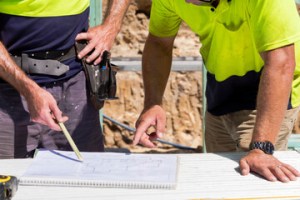 Taxpayers who invest into crypto should be wondering if they are considered a crypto investor or crypto trader and the difference between the two.
Taxpayers who invest into crypto should be wondering if they are considered a crypto investor or crypto trader and the difference between the two.
Investor: Typically buy, sell or swap crypto with the intention of holding it for long term growth and aim to generate returns over a long period of time.
Tax treatment:
- Crypto are assets and are subject to CGT when sold or exchanged for another crypto
- Capital losses can offset capital gains
- Eligible for the 12-month discount when crypto was held for more than 12 months
Trader: Typically intents to buy and sell crypto for short term profits
Carries on a business:
- Plans when to buy and sell
- Keeps extensive records
- Trade repeatedly and in volume
- Invest significant capital
- Has a separate office space
Tax treatment:
- Crypto is treated like trading stock
- Profits are treated as ordinary income and should be reported in the tax return. This includes any gains from the sales and any trading fees/ commissions incurred
- Losses are treated as deductible expenses
- Not eligible for the 12-month discount when crypto was held for more than 12 months
If you have crypto and need guidance on this matter, please contact our office at 03 9973 5905.






 Teachers often pay for their work-related expenses out of pocket. If you are a teacher, you can claim the following. You can only claim a deduction if 1) you spent the money and were not reimbursed, 2) was directly related to your income and 3) have a record to prove it.
Teachers often pay for their work-related expenses out of pocket. If you are a teacher, you can claim the following. You can only claim a deduction if 1) you spent the money and were not reimbursed, 2) was directly related to your income and 3) have a record to prove it. If you are a factory or warehouse worker, you can claim the following deductions. You can only claim a deduction if 1) you spent the money and were not reimbursed, 2) was directly related to your income and 3) have a record to prove it.
If you are a factory or warehouse worker, you can claim the following deductions. You can only claim a deduction if 1) you spent the money and were not reimbursed, 2) was directly related to your income and 3) have a record to prove it.
